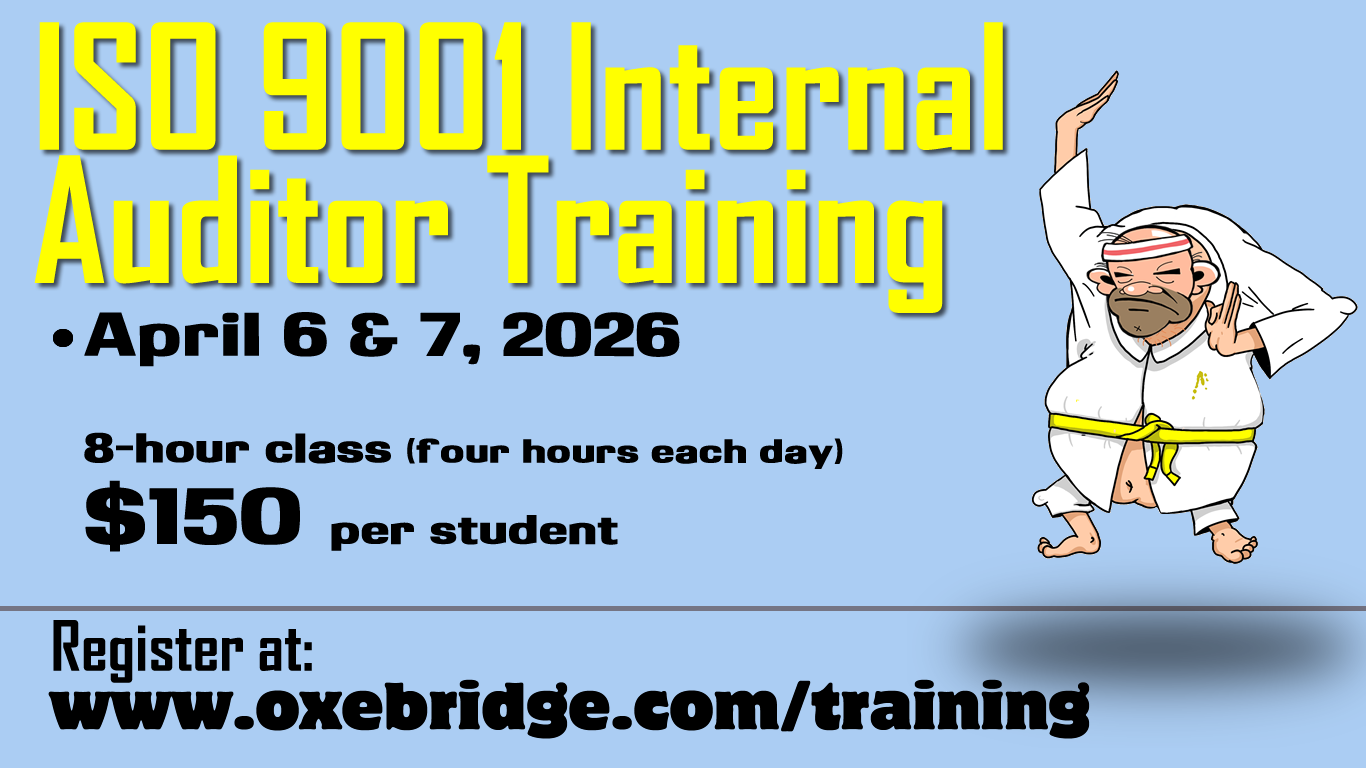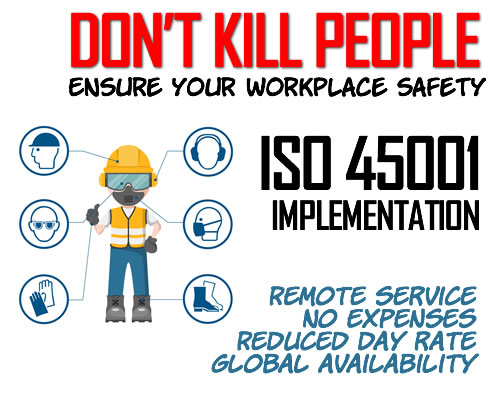ISO has released the Draft International Standard (DIS) version of ISO 9001:2026, the next update to ISO 9001. The DIS is not the final standard and is released only to allow members of TC 176 — the committee that authors ISO 9001 — to vote on the document.
Despite having released the DIS on August 28th, ISO opened voting on the document a day earlier, on August 27th. Voting ends on November 19th. There are no plans to have the document officially translated, other than in French, so members are forced to vote on the English or French versions only.
ISO has not released the standard with the intent of obtaining any public feedback. Instead, users must submit their comments to their national ISO member body and hope the body has not already voted on the document. As a result, public commenting and feedback are effectively blocked.
The DIS version is identical to the leaked DIS draft reviewed by Oxebridge here. The DIS maintains all the errors and structural problems found in ISO 9001:2015. Instead of correcting the standard, TC 176 authors — led by BSI — focused on adding a “guidance” section at the end of the document that contains no actual requirements. This serves to increase the page count of ISO 9001 so that ISO can raise the cover price for the final standard. In PDFform, the DIS reaches 50 pages, about 1o pages more than ISO 9001:2015.
By contrast, the ISO 9001:1987 standards were only about 20 pages.
ISO is selling the DIS for about $US 82.
This article by Oxebridge contains an in-depth summary of the changes to the requirements, and this article discusses the additional guidance material provided in the Annex.
ISO has refused all stakeholder and public feedback during the development of ISO 9001:2026, and instead utilized a highly insulated team of pre-approved consultants to write the text. Over one-third of the text was written by the non-elected ISO Technical Management Board (TMB), led by Dick Hortensius from the Netherlands, without input from quality management subject matter experts. TMB text may not be edited and is subject only to up-or-down voting on the entire standard.
Experts and members of the public have repeatedly warned ISO not to proceed with these practices, but ISO has ignored the input.
The world voted multiple times to reject updating ISO 9001:2015, but ISO refused to honor the votes. Instead, they continued to lobby countries to change their votes and held multiple re-votes until they received a slight majority in favor of the update.
Under Secretary-General Sergio Mujica, ISO has adopted a business model that mirrors a for-profit commercial publishing company rather than a non-profit NGO, as ISO claims to be. Nearly every step of the development of ISO 9001:2026 has violated longstanding WTO regulations on standards development and ISO’s own procedures, found in the ISO/IEC Directives.
Two committees had been formed to improve the work by TC 176: a committee on ISO 9001 Brand Integrity and a working group to consolidate the definitions of “risk” in ISO standards. Both eventually shut down without having achieved any outcomes.
The TC 176 committee is supposed to include a balanced set of representatives from varoius stakeholder groups, including standards users and educational institutions. For the 2015 edition, over 75% of TC 176 members were private consultants or certification body representatives. For the 2026 edition, the number is just under 100%, with no participation by standards end users within the group of actual authors.
It is expected that the DIS will largely be rubber-stamped by BSI and those it can influence, and then fast-tracked to an FDIS version for final voting. BSI sells both standards and ISO 9001 audits, but ISO has refused to manage these conflicts of interest and instead leaned into them.
The final, official release of the standard is expected in mid-2026. If tradition holds, the ISO and the IAF will then issue a joint communiqué indicating that companies have three years to implement the changes before any existing ISO 9001 certificates are cancelled. This means the deadline for implementing the changes will be 2029.
Christopher Paris is the founder and VP Operations of Oxebridge. He has over 35 years’ experience implementing ISO 9001 and AS9100 systems, and helps establish certification and accreditation bodies with the ISO 17000 series. He is a vocal advocate for the development and use of standards from the point of view of actual users. He is the writer and artist of THE AUDITOR comic strip, and is currently writing the DR. CUBA pulp novel series. Visit www.drcuba.world







